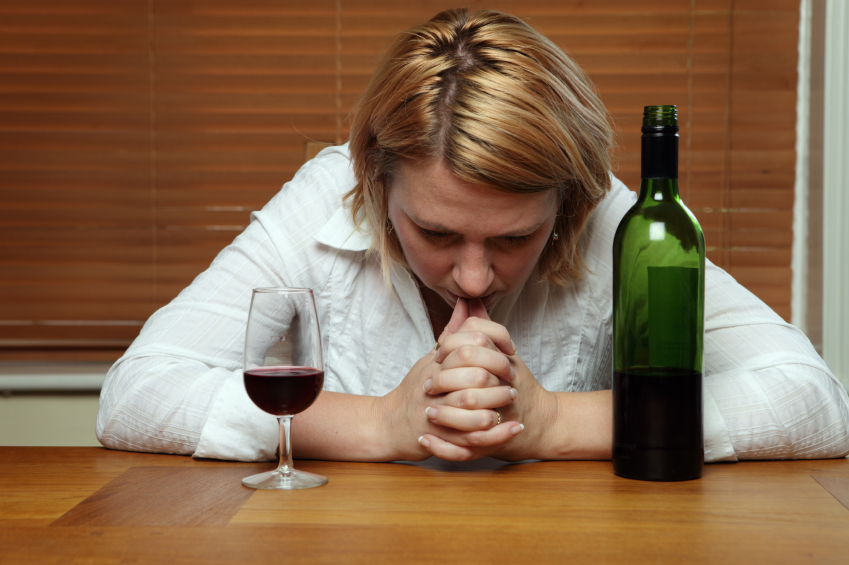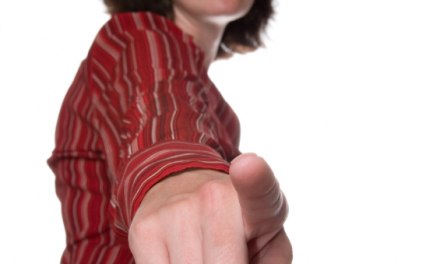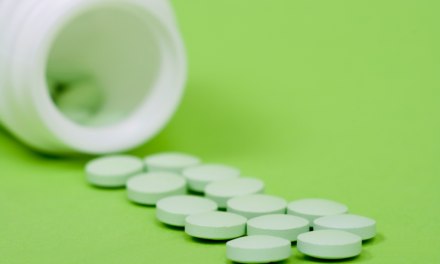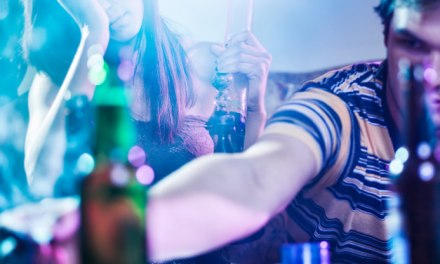Here’s an interesting first person account from a young Irish immigrant who appears to have stumbled on sobriety almost by accident:
A moment that changed me: a stranger told me of his alcohol problem– and I realized I had one too
We like to call that self-diagnosis. It’s the point where an addicted person comes to the realization that indeed, something has gone wrong with their substance use, and becomes motivated towards change. We use a disease model to explain the importance of self-diagnosis in recovery, and devote considerable attention to helping the process along in treatment.
The thing is, someone can self-diagnose in different settings and at different moments. Once it happens, however — and I can never predict precisely when that will be– things are never quite the same for the drinker.
“In AA, they say your drinking is ruined. Even if you keep at it for a while — and lots do — drinking’s never as much fun as it used to be. Because now you know better.” That explanation is from a veteran Twelve Step sponsor, who’d experienced the phenomenon himself.
I’ve always wondered why that moment doesn’t come sooner for most people. Then again, we human beings are stubborn. And as the saying goes, “nobody wants to be an alcoholic.” Nonetheless, it happens.
“I suspected for years, but it was a long time before I did anything about it,” admitted a counselor, also in recovery. “I was just procrastinating, really. Hoping the problem would go away somehow by itself.” Surprise — instead it got worse.
Most of the time, the drinker deals with the consequences of drinking through a process known as comparing out. Their attention is focused on what hasn’t gone wrong yet, while ignoring or minimizing the many things that have. A psychologist might characterize that as a ‘confirmation bias’ elevated to the level of psychopathology.
“How can people say I have a problem,” someone will insist, “when I can go for a week without drinking at all? Could an alcoholic do that?” Well, sure, happens all the time. Often as part of an attempt to prove someone else wrong.
“Look, I don’t crave a drink,” is another argument. “I quit last year for Lent. Hardly missed it.” Same flaw in reasoning– the diagnosis of an alcohol disorder is more about what happens when you do drink than when you don’t.
Plus it’s common for folks with significant drinking problems to give up alcohol for short periods, fully intending to return later.
This psychological bias is why we don’t recommend simply reading about alcoholism as an effective route to genuine self-diagnosis. Most problem drinkers I’ve encountered were fully capable of reading all about the illness without ever recognizing that they had it.
Doesn’t mean they aren’t quick to identify alcoholism in others, however. I recall one family intervention where the identified patient walked into the room, sat down, looked directly at one of the interveners, and demanded: “What the hell are you doing here, Phil? You’re a bigger drunk than I am.” Somehow that hadn’t come up even once while we were preparing the intervention. I managed to get them past that, but once it was over, I asked another family member if they’d been aware of Uncle Phil’s issues.
“Oh yeah,” came the reply. “Phil’s a big drunk. But it’s not a problem.” Not yet, at least.
They do say it runs in families, after all.













